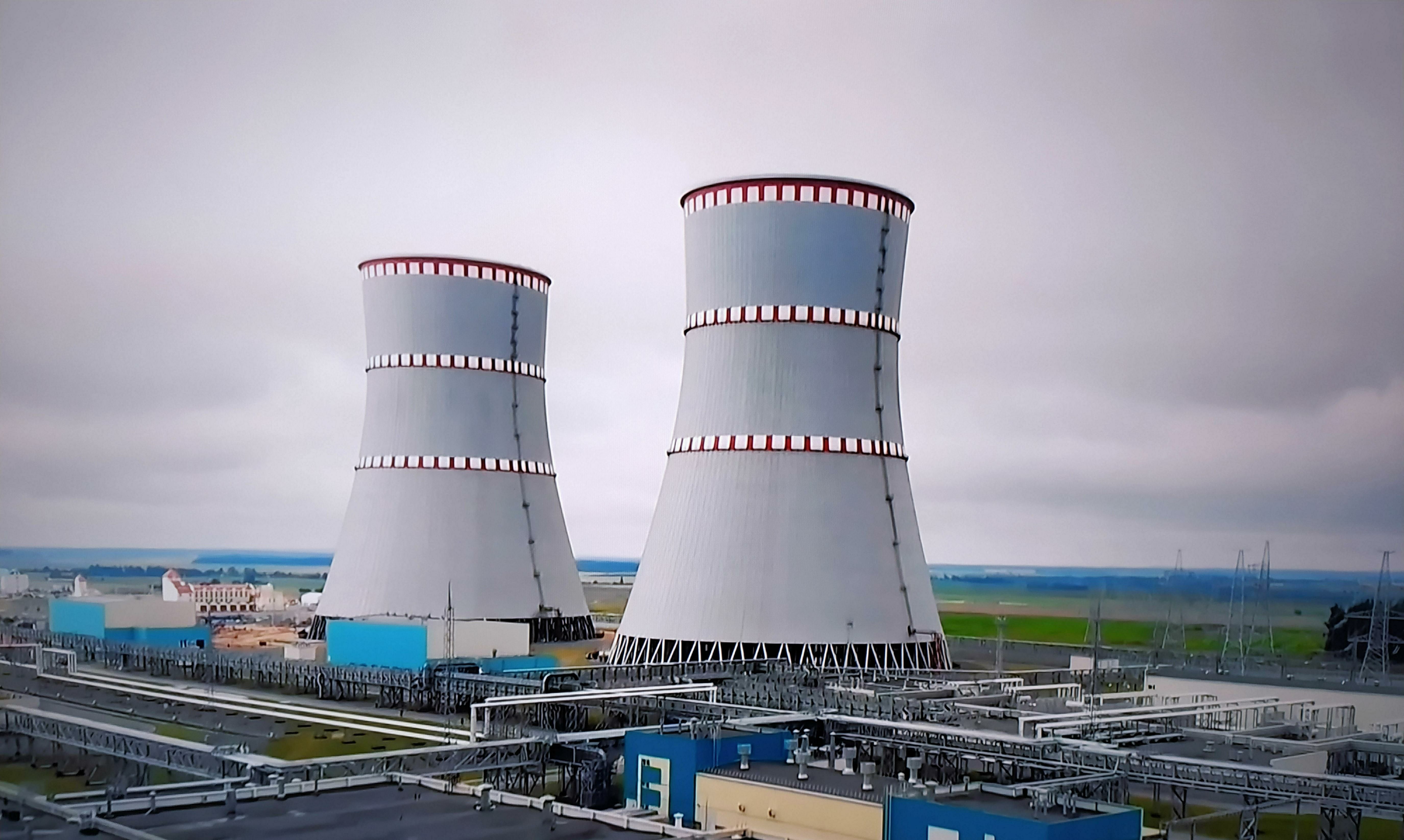Belarus Launches Nuclear Power Plant

Why does Belarus need a nuclear power plant?
The construction of the first nuclear power plant in Belarus began in 2011 and was intended to guarantee additional revenues for Belarus from the sale of electricity to EU countries and block Lithuania’s plans to build a new nuclear power plant to provide electricity mainly for export to the Baltic States and Poland. The construction of the power plant at Astravyets was also supposed to reduce dependence on Russian gas supplies and to change the energy mix in Belarus (96% of electricity is generated from gas). It was also supposed to stimulate a change of technology used by the Belarusian economy to a more ecological kind. However, the crisis sparked by the presidential election on 9 August has led to firms in the high-tech and IT sector that otherwise might need the additional electricity to withdraw their plans for Belarus for now.
How will Belarus’ energy security change?
The launch of the second block of the power plant is planned for 2022 or 2023. Altogether, the plant at that point will be able to produce 18.5 billion kWh per year, which corresponds to 42% of the current demand in Belarus. This will reduce purchases of Russian gas by about 4-5 bcm a year. Lithuania has blocked the possibility of emergency sales of electricity to Belarus, which will make difficult to balance power shortages in the Belarusian system and may adversely affect the safety of its functioning. The energy generated at the Astravyets plant will also be more expensive. The current price of 4.2 cents per kWh will increase to 8.26 cents, five cents of which will be used to pay back a Russian loan for the investment. The authorities initially assumed that the higher price would be compensated for by revenues from energy exports but now it will be a burden on the Belarusian economy and individual consumers, especially if the state is unable to compensate them for the higher fees. Thus, the launch of the power plant in Astravyets will not increase the energy security of Belarus.
What will change in Belarus’ relations with Russia?
The reduction in demand for Russian gas will affect the negotiations of the gas-supply contract in 2021 and the following years, and the Belarusian authorities will try to use this to reduce the price. However, energy dependence on Russia will remain, as Belarus will obtain nuclear fuel from there. Moreover, some EU countries and Ukraine have decided to stop purchasing Belarusian electricity, which means that Belarus will be able to sell electricity only to Russia. What is more, in 2022, Belarus will have to start repaying Russia’s loan for the power plant’s construction (in July, Russia postponed the payments that were to start this year), which will take several dozen years. In the end, it will be another element of Belarus’ increasing dependence on Russia.
What are the likely consequences in relations with EU countries, including Poland?
Lithuania’s decision to block electricity transmissions from Belarus means the latter has lost the Baltic states as its largest sale market (in 2019, it supplied more than 1.5 billion kWh to the states out of a total of 2.3 billion kWh exported). Belarus has also been deprived of the possibility of selling electricity on the Nord Pool power market, which is used by several EU countries, including Poland. All of this will reduce the revenue that Belarus previously derived from electricity exports, amounting in 2019 to $123.5 million. Lithuania also points out that the commissioning of the power plant at Astravyets poses an ecological threat both to Lithuania and to the other Baltic states and Poland. The political crisis in Belarus will prevent the EU from developing cooperation on electromobility and new technologies that could become an important impetus for the development of the Belarusian economy.


